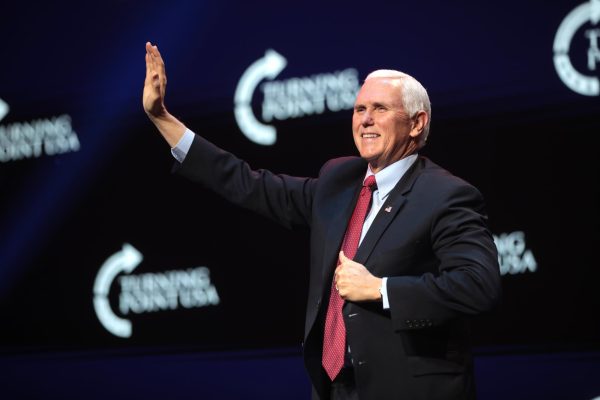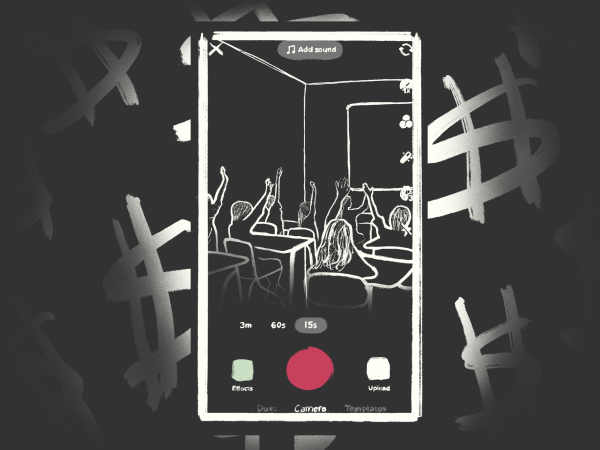The SheHawk: Why conventional masculinity is unhealthy for men
I am one of seven sisters. My family is a democracy (or a clamoring, rather) of female voices, ideas and complaints.
It is no wonder I turned to gender studies in college to read the stories of women across the globe, because as a woman, these stories resonate with me.
But often, when we are focused on ourselves, other stories are sidelined.
What of the story of men, for example?
This is strange to think about. We are tired of hearing about men. They have written history for us. They have left a lot of it out.
They are our presidents, chancellors, bosses, corporate leaders, senators, etc. The list goes on.
A lot of activism is the repealing of ideas, laws and motions set forth by men with power. We would like to “smash the patriarchy,” so to speak. (In this case, “to smash” means to obliterate into smithereens, to do away with permanently, to finally have some different voices in positions of power so the world is made a more equal and democratic place.)
But we cannot properly dismantle a system without tracing its roots back to its genesis, and at this genesis is the ideas of what it means to be a man and what it means to be a woman.
Men are the powerful, the strong. Women are the caregivers, the nurturing.
Today if we asked ourselves what it means to be “a good man,” we think of words like “honest,” “humble,” “kind.”
But if we were to ask ourselves what it means to be “a real man,” the words we think of are different.
As a society, we have failed to address the idea of masculinity, or the possibility that there can be more than one.
It is still distasteful for men to be afraid. It intrigues us when they cry. We are not used to giving them encouraging hugs in the way we are to females.
If men seek relationships that are nurturing with each other, they are gay. If they are not romantically interested in a woman, but have a strong emotional relationship with her, they are either gay or they will succumb to their primal male instincts and sleep with her (see When Harry Met Sally for further clarification on this one).
What happens when you deprive human beings of their right to express their emotions, not just publicly, but also privately with each other?
You are isolated within yourself. You become lonely, detached and depressed.
We cannot live with this deprivation.
Humans need emotions. They need to love and be loved. They need the liberties of expressing their feelings and the consolation that it is not weakness to feel.
Traditional masculinity, embodied by men in power who believe they must assert the breadth of their control and dominance through their masculinity, is popular and pervasive enough that it has not been tampered with in public society, and the result of this are men who feel increasingly lonelier.
So next time we go on our smashing the patriarchy bender, let’s think about everyone this patriarchy hurts, male and female alike. Let’s do something about it.













